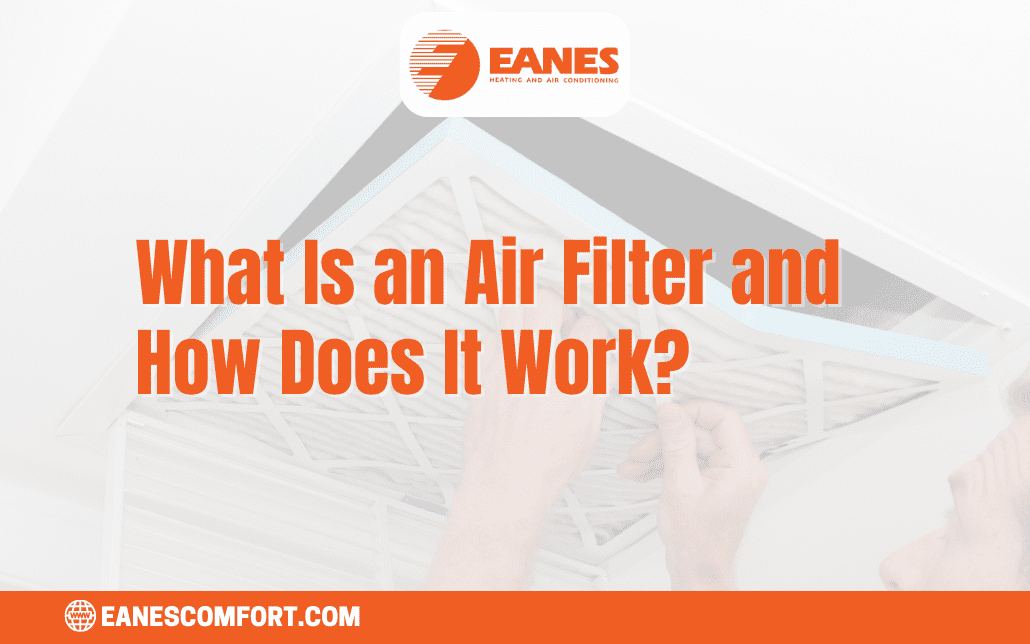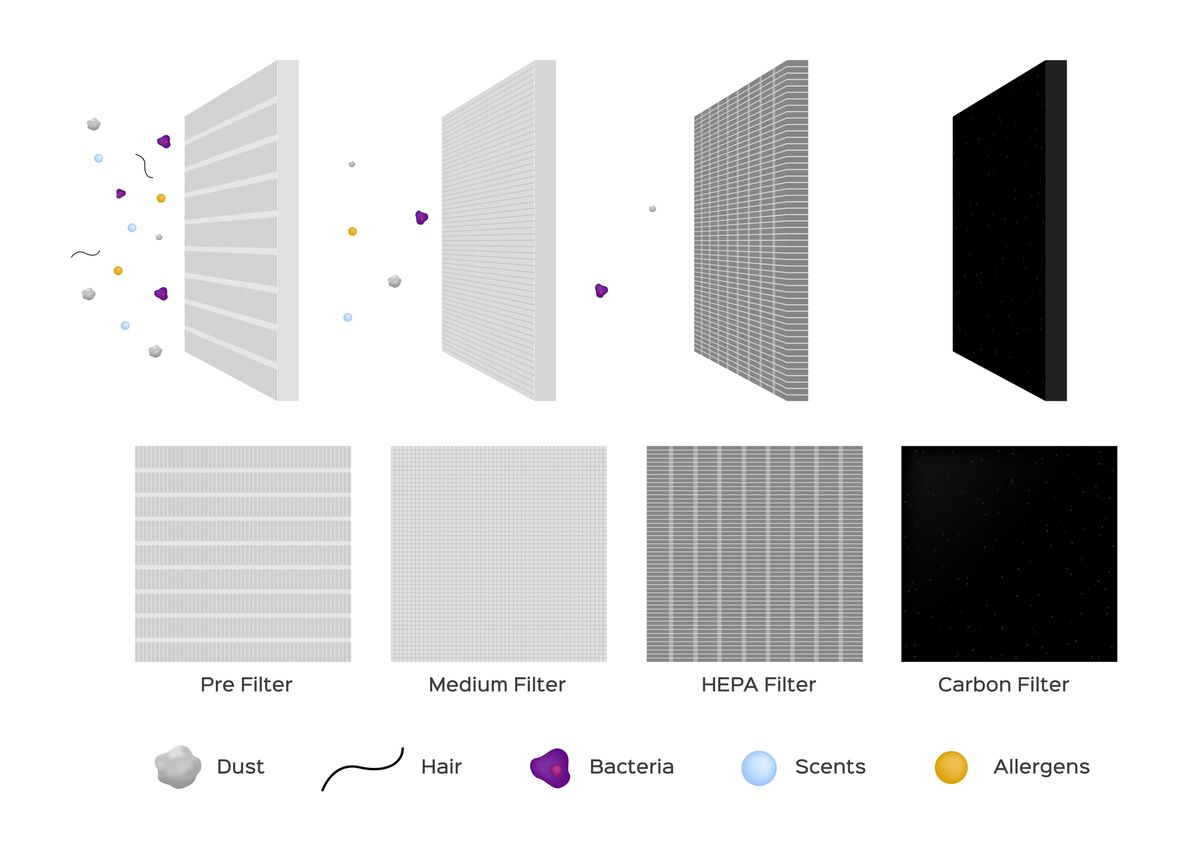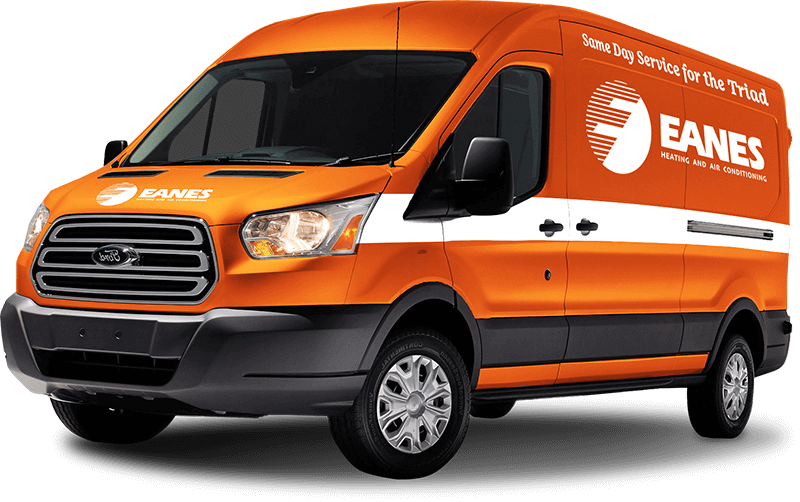
Failing to replace dirty air filters is a leading cause of HVAC system failure and increased energy costs. If you want to ensure premium air quality, HVAC system longevity, and monthly cost savings, replace your dirty air filters regularly. Keep reading to learn about the other advantages of having clean air filters in your home.
Table of Contents
What Is an Air Filter?
An air filter is a disposable fiber screen placed in air conditioners and heaters that removes airborne particulates. The filter prevents those particulates from entering the HVAC unit and contaminating your home’s air supply. Air filters come in pleated and non-pleated options and a variety of sizes.
Common household pollutants include:
- Dust
- Dirt
- Bacteria
- Pollen
- Pet dander
- Debris
- Viruses
How Do Air Filters Work?

Air filters engage in a multi-step filtration process to rid your home’s air supply of harmful contaminants. Every air filter follows these three steps to improve air quality and circulation so you have healthier air to breathe.
- The HVAC system draws in unfiltered air
- The air passes through each layer of the filter, where fibers remove various airborne pollutants
- The filtered air exits on the other side of the filter and circulates throughout your home
Top 5 Risks of an Unchanged Air Filter
Routinely changing your HVAC air filter is a cheap and easy way to avoid costly repairs due to system malfunctions and breakdowns. On the flip side, not replacing dirty air filters has adverse effects on your HVAC system. Here are the top 5 risks associated with unchanged air filters.
- Contaminated air: This can increase your chances of getting sick, your allergies worsening, and your respiratory function declining.
- Decreased HVAC system efficiency and longevity: Your HVAC system will require more frequent maintenance along with costly repairs and replacements.
- Higher monthly energy bill: Dirty air filters force your HVAC system to use more energy and work harder to provide heating and cooling. The more energy it uses, the higher your monthly energy bill will be.
- Restricted airflow: When air filters can’t remove pollutants properly, home safety and comfort are compromised.
- Dirty air ducts: Poorly filtered air exits the HVAC system and travels through your home’s air ducts.
When Should You Change Your Air Filter?
A general rule of thumb is to change your air filter every one to three months to ensure unrestricted airflow. Be sure to replace your air filter at the beginning of each season, especially winter and summer which are the most heavy-use seasons. Replace your air filter more often if it becomes too clogged or if you notice a significant increase in your monthly energy bill.
Contact an Eanes Technician Today
Eanes Comfort is committed to keeping your family happy, healthy, and comfortable with our reliable HVAC services. Whether you need routine AC maintenance or a system replacement, we’ll keep your system working efficiently for years to come. For worry-free HVAC performance, ask about our Precision Tune-Up package and Eanes Service Plan. Schedule an appointment online today!

